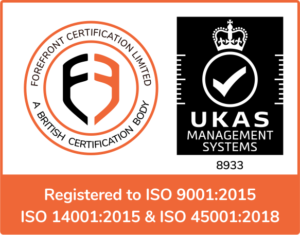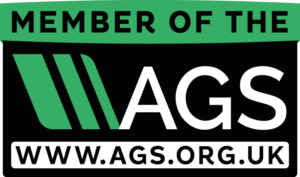Contact Us
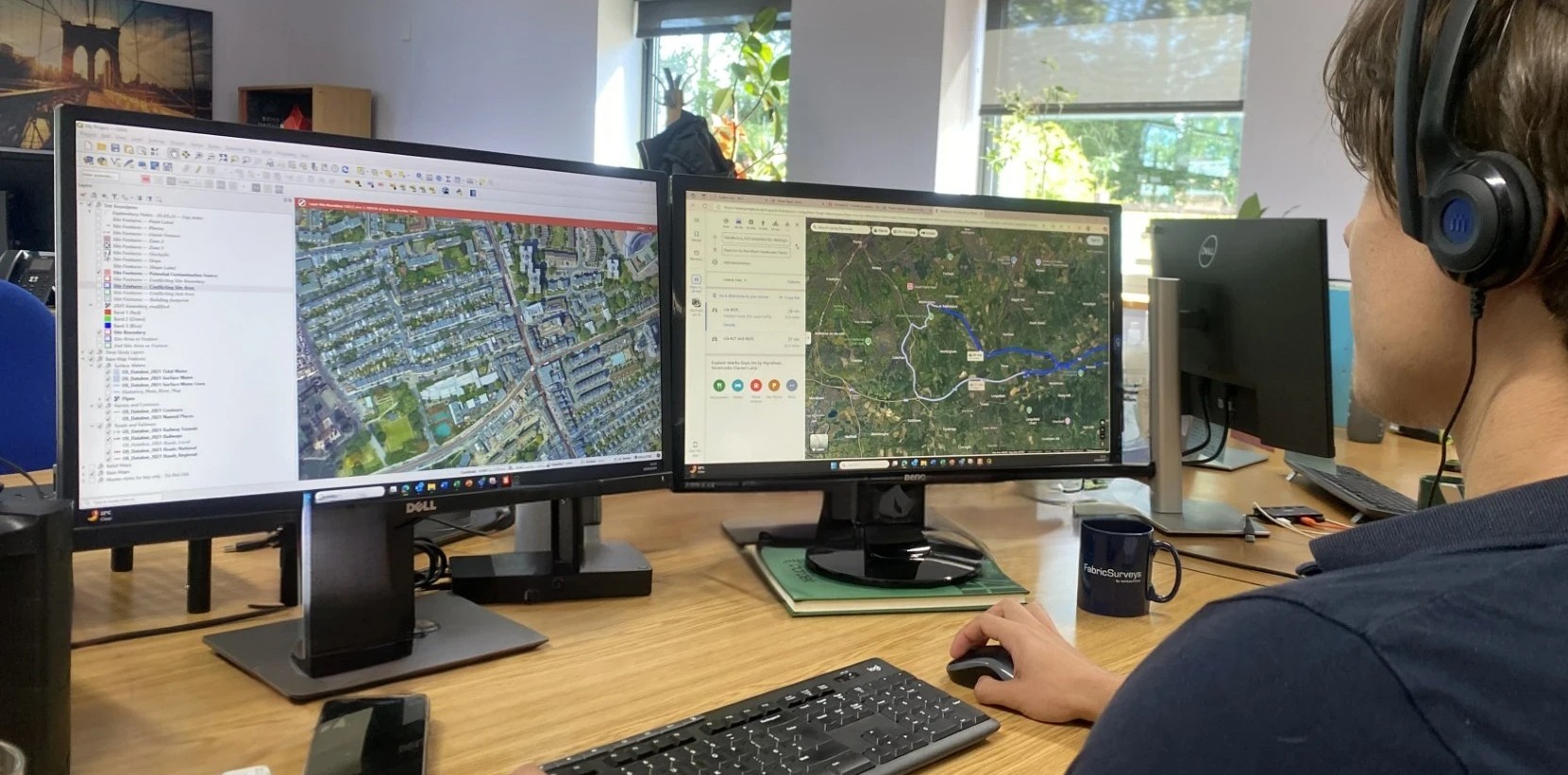
The Importance of a Desk Study in Delivering Value
In the fields of ground investigation, geotechnical engineering and geoenvironmental engineering, success often hinges on preparation. Before a single borehole is drilled or a soil sample is taken, a critical first step must be completed: the desk study. Often overlooked or undervalued, a well-executed desk study forms the foundation of any high-quality consultancy and is key to delivering value-driven, cost-effective, and safe engineering solutions.
What is a Desk Study?
A desk study, also known as a preliminary site assessment, Stage 1 or Phase 1 study, is an in-depth review of existing data and information about a site prior to physical ground investigation. This includes analysing:
- Geological maps and memoirs
- Historical land use and development records
- Environmental and contamination databases
- Aerial photographs and satellite imagery
- Previous site investigation reports
- Utility records
- Topographical and hydrological data
The objective is to develop a preliminary understanding of the site’s ground conditions, potential geohazards, contamination risks and historical context.
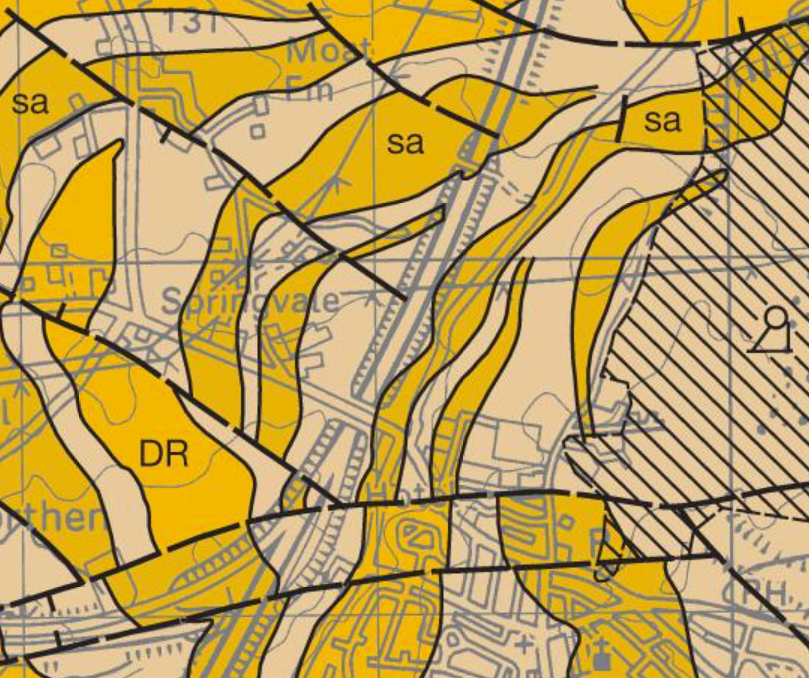
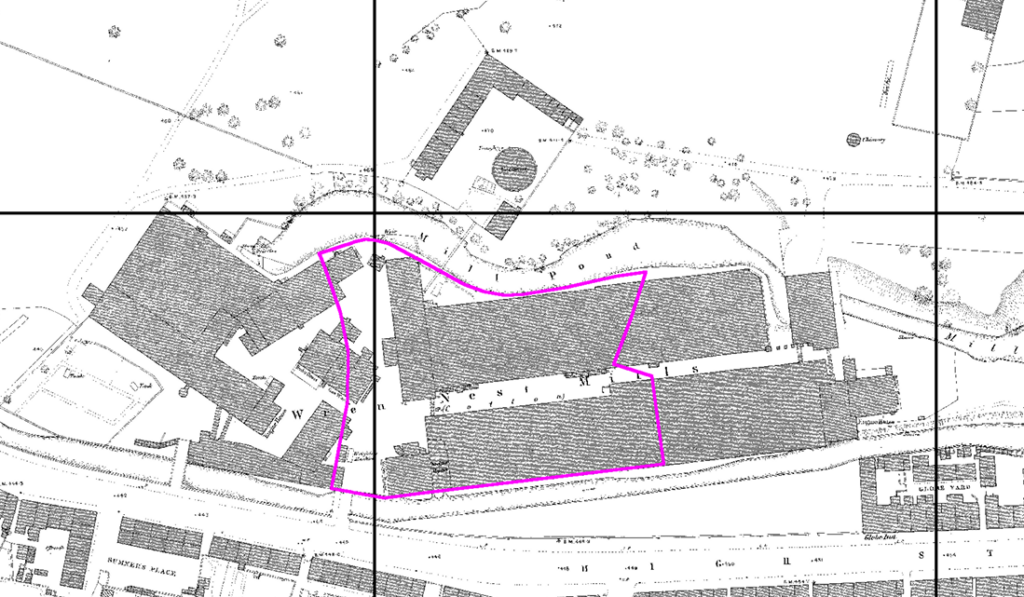
Why Desk Studies Matter
1. Informing and Optimizing the Site Investigation Plan
One of the core benefits of a desk study is its ability to guide and tailor the ground investigation strategy. By identifying areas of concern—such as potential Made Ground, historic landfills, or previous industrial use—the desk study allows geotechnical and geoenvironmental consultants to target their resources efficiently. This ensures that borehole locations, testing methods, and sampling strategies are chosen wisely, reducing unnecessary work and costs.
2. Reducing Risk and Enhancing Safety
Ground-related risks, including unstable ground, high groundwater tables, or the presence of contaminants, can have significant safety and financial implications. Early identification of these risks enables risk mitigation strategies to be embedded into both the investigation and design phases. This proactive approach not only protects project timelines and budgets but also enhances site safety for personnel and stakeholders.
3. Supporting Planning and Regulatory Compliance
Many planning authorities and environmental regulators require a Phase 1 desk study as part of planning submissions, particularly on brownfield or previously developed land. A robust desk study demonstrates due diligence and can streamline the approval process by addressing potential concerns before they escalate.
4. Providing Early-Stage Design Insights
Understanding anticipated ground conditions from the outset allows for the early evaluation of foundation options, ground improvement techniques, and construction feasibility. For example, if the desk study suggests deep Made Ground or soft Alluvium, piled foundations might be considered from day one, avoiding costly redesigns later in the project lifecycle.
5. Facilitating Collaboration and Communication
A comprehensive desk study also serves as a communication tool between project stakeholders—engineers, architects, planners, and clients. It helps ensure that everyone has a shared understanding of the site context, enabling more integrated and informed decision-making.
A Foundation for Value-Driven Consultancy
Ultimately, the desk study is not just a bureaucratic box to tick—it is a vital step that drives value throughout the ground investigation and geotechnical design process. By investing time and expertise in thorough preliminary research, geotechnical consultants can provide more accurate, efficient, and confident guidance from project inception to completion.
At Soiltechnics, we view desk studies as a strategic asset. Our experienced team combines technical knowledge with in-depth local and historical insight to deliver desk studies that add genuine value—reducing uncertainty, enhancing safety, and supporting smarter engineering outcomes.
Soiltechnics is proud to have been admitted in June 2023 as a member of the AGS (Association of Geotechnical and Geoenvironmental Specialists).
The AGS is a “not-for-profit trade association established to improve the profile and quality of geotechnical and geoenvironmental engineering”. We look forward to working with the AGS and other members to shape and implement best practices.
Membership can give Clients confidence in our commitment to the highest quality standards in the geotechnical and geoenvironmental industries.
Following our continued involvement in delivering ground investigations for The Football Foundation, we are thrilled to support them in 2024, delivering geotechnical consultancy and site investigation services on their new PlayZone framework across England. This adds to our current involvement with the Artificial Grass Pitch (AGP) framework, and we are delighted to continue to grow our long standing relationship.
The Football Foundation is a charitable organisation supporting the Premier League, The FA and Government to deliver outstanding grassroots sports facilities and transform local communities.
The new PlayZone scheme, has been set up to provide safe, inclusive, and accessible outdoor sports pitch facilities that bring communities together through recreational football and sport. Sites are targeted within communities with the greatest need to deliver new or refurbished spaces that enable priority groups to be more active.
Assessing potential ground risk at the sites is one of the first steps to determining viability of a PlayZone development. We initially assess each site through a desk-based approach, prior to carrying out intrusive site investigations. By critically assessing each site, we can recommend and carry out the most cost-effective method of investigation whilst still obtaining information sufficient to inform detailed design by the independent contractor. Accordingly, investigations can range from a few simple hand pits to deep boreholes.
Appropriate investigation is critical to allowing projects to be de-risked as far as possible in the early stages of design, allowing contractors to accurately tender construction works and deliver projects on time and on budget.


How We Can Help
At Soiltechnics, our expert geotechnical consultancy and site investigation services can help de-risk your project, ensuring timely and successful delivery.
Get in touch at enquiries@soiltechnics.net today to find out how we can support you.
Trenchless crossings allow the installation of critical infrastructure without causing disruption to existing roads and railways or environmental disturbance to rivers for example. Could you imagine excavating a trench across a motorway to install electricity cables?!
Trenchless crossing methods can be split broadly into two categories:
- Directional Drilling: Drilled from the surface on a downward arc trajectory to the surface on the other side of the obstacle being crossed.
- Microtunneling: In a horizontal line between two shafts or pits.
Support From Soiltechnics
Soiltechnics’ Geotechnical Consultancy team can offer support throughout the life of the project.
An initial phone call to discuss projects is normally enough for us to provide a high-level feasibility assessment and identify key ground-related constraints. We follow this with a detailed desk study and ground investigation to confirm conditions at the crossing location. Finally, we design the crossing profile.
From Aberdeen to Bognor Regis, we have supported the delivery of trenchless crossings, beneath a variety of critical infrastructure, including motorways, oil pipelines, railways and rivers.
Each project has a unique set of challenges, including shallow groundwater, UXO potential and blowing sands, to name a few.
Maintaining Safe Operations
As part of the design, we undertake a Ground Movement Assessment to estimate likely settlement beneath existing infrastructure (roads, rails, pipes) and where applicable a damage impact evaluation.

For directional drilling, we also model the potential for frac out during the drilling process.
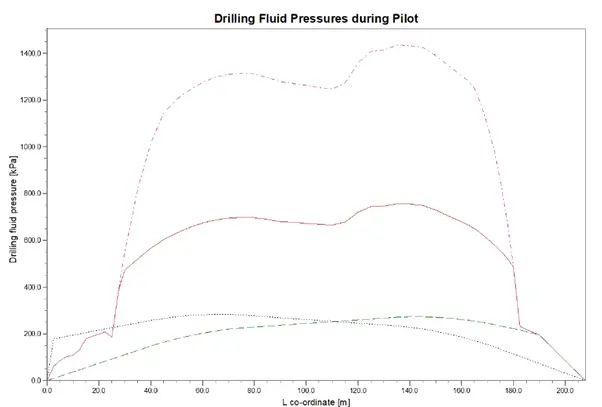
Working alongside the main contractor and providing technical design support, our team successfully delivered technical approval from governing bodies, including National Highways and Network Rail.
The support continues throughout construction by reviewing daily monitoring, which is typically required.
How We Can Help
At Soiltechnics, our team can help you navigate complex ground conditions to ensure your trenchless crossing project runs safely and smoothly.
Get in touch at enquiries@soiltechnics.net to discuss your trenchless crossing requirements in more detail and to learn more about the services we provide at Soiltechnics.
